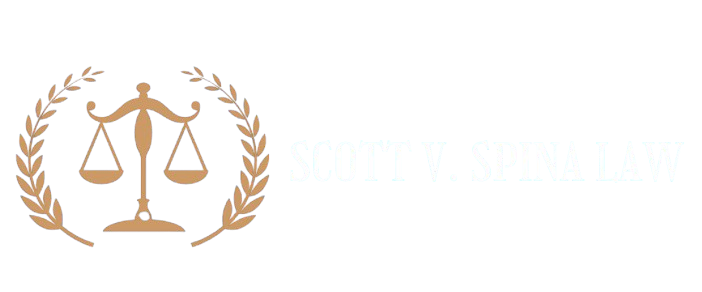Information should be exchanged with your attorney. Family or friends often communicate with the attorney on behalf of the person charged with the crime, suspected of crime as person of interest, or seeking to appeal a criminal conviction.
Information should include:
- Write down key information – names, sequences of events, exact date, and times
- Location of suspect in custody (in jail or prison) or out of custody.
- Date of arraignment and bail amount
- Name and location of court
- Next court date
- Purpose of next court date: First appearance, arraignment, negotiations for plea deal, or trial
- Motions that are pending
- History: number of arrests, prior juvenile convictions, prior misdemeanor convictions, prior felony convictions
- Probation status and terms of probation
- Community Service Mandates
- Demographics age, gender, citizenship, residency status, race (if discrimination is a factor), occupation, education, income, current address
- Employment history, medical history, driving record as relevant
- Personal understanding of the legal situation or issue.
- Case strategy- Pros and cons of each strategy.
- Duration of case, expected length of time
- Alternatives available to avoid going to court
- Resolution or outcomes of similar cases
- Documentation that is needed to support case
- Additional staff involved in case – paralegals, experts, other lawyers
- Potential outcome of this case
- Contact person, preferred physical address, mailing address if different, phone numbers, emails
Consultations
Consultations can be done in person, by phone, or by video conferencing on the computer. Since the pandemic, attorney consultations can be done by FaceTime, Skype, and Zoom. Briefly summarize the case to the attorney to initiate their assistance. Hearing notice documents and any other paperwork pertaining to the case should be present. Put all paperwork into a binder for future reference. Do not throw out any court related documents.
Consulting a lawyer for advice does not establish an attorney-client relationship unless the lawyer agrees to take the legal representation for a specific matter. However, as a prospective client, the attorney cannot reveal any information provided in the consultation in perpetuity. There is no disadvantage to speaking with an attorney as a prospective client. The attorney-client relationship is governed by many rules of professional responsibility- competent representation and diligent advocacy.
Competence
Competent representation does not mean the attorney is an experienced specialist in a specific area of law, but it does ensure that the attorney prepares thoroughly by adequate study or association with another lawyer more familiar with the area of law. Competence includes attending to schedules and details to assure the matter is handled without harm to the client’s interests, gathering sufficient facts regarding the client’s problem, determining the applicable law, and developing a strategy for solving the client’s legal issues.
Diligent advocacy requires zeal, promptness, commitment, and dedication to further the interests of the client. Courtesy and respect for the opponent are expected as part of professional behavior. Attorneys are prohibited from violating legal ethics, acting dishonestly, or committing fraud. The attorney must refuse the client’s request to step outside the bounds of the law.
For more information contact Scott V. Spina directly at 973-743-4801 or email svspina@hotmail.com WEBSITE https://scottspinalaw.com/
